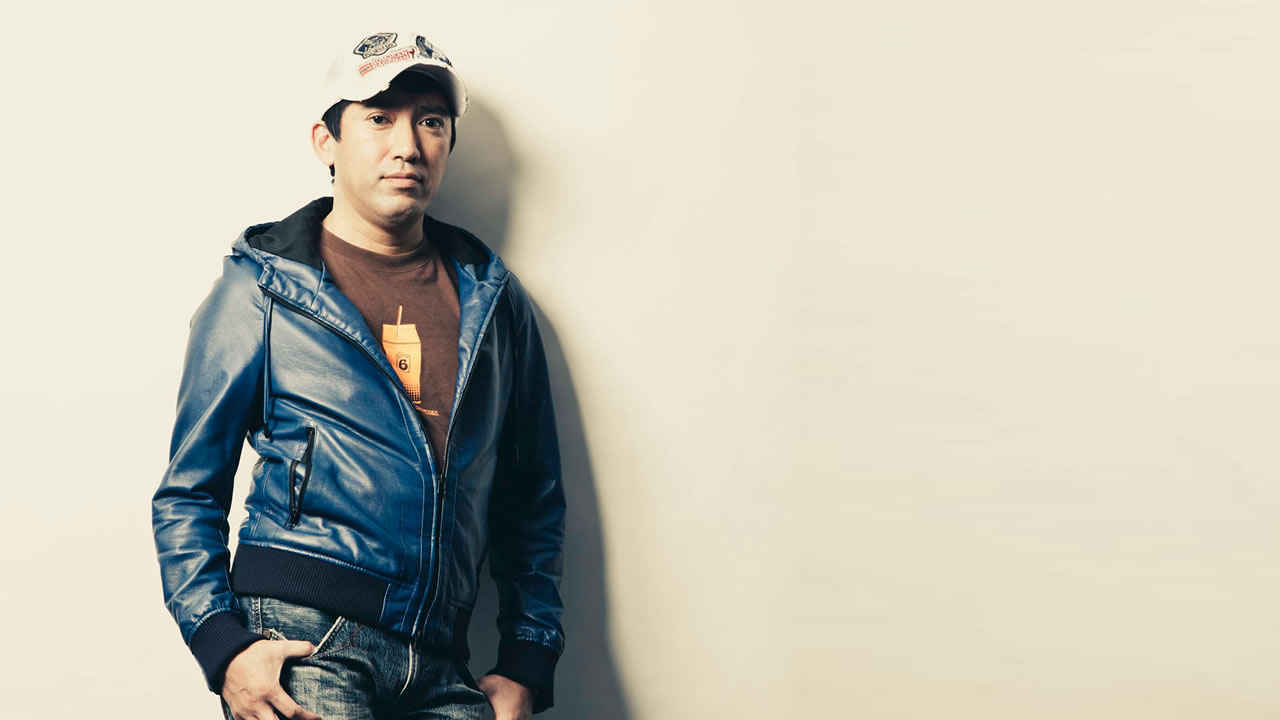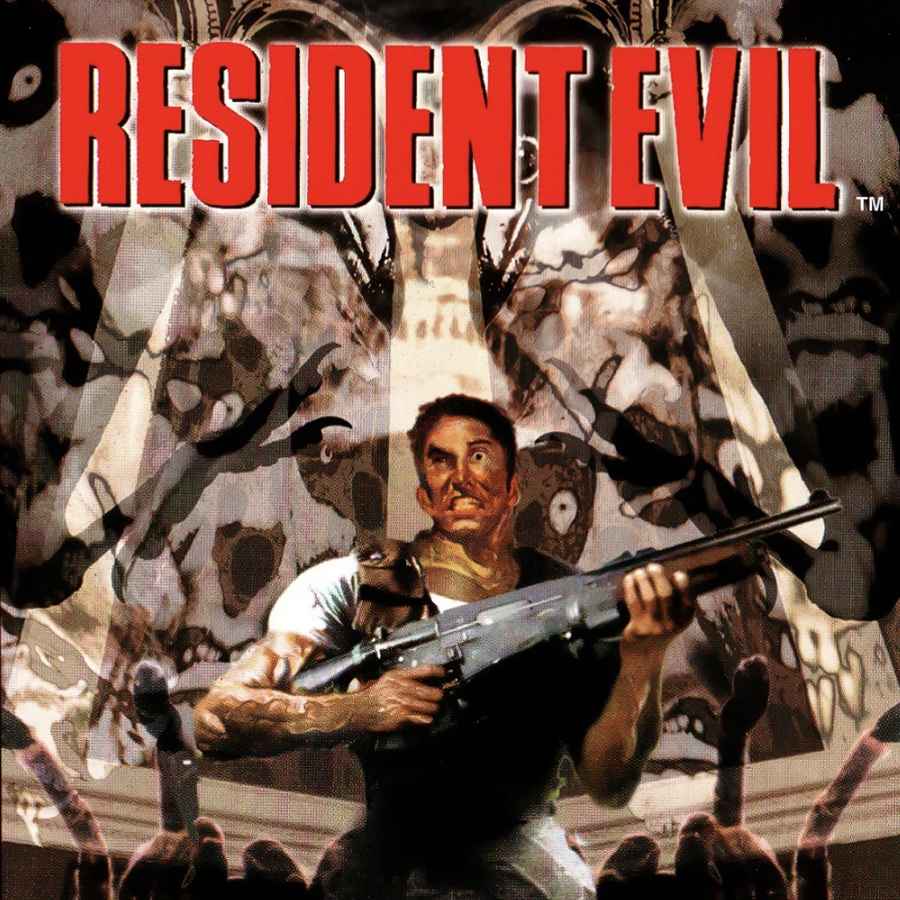

Japanese game developers are quite a strange bunch, aren’t they? From the quirky, youthful exuberance of Shigeru Miyamoto to the esoteric insanity of Hidetaka Miyazaki, Japanese developers have always pushed the envelope when it comes to cutting-edge gaming. They've paved the way for a wide range of new gameplay ideas that are now commonplace in most modern titles. Right from the inception of the industry, there have been mavericks in Japan that have pushed boundaries and changed how we view video games. One of those names is Shinji Mikami. Also known as the master of modern horror, Mikami is most famous for his work on the Resident Evil series with RE4 being his crowning achievement. Not to take away anything from the first three RE titles, but RE4 was a revolutionary game that popularized the third-person survival horror/shooter genre and led to a renaissance period for Capcom. His work has not only influenced a whole generation of gamers but has largely changed the way we look at horror in the medium.
Like a lot of successful people, Mikami was not interested in what he would eventually be renowned for. In an interview with Variety, he stated that he would play arcade games but never really saw game development as a viable job. That was until a friend of his nudged him to apply to Capcom. He stated, “ A friend of mine had found a flyer advertising some kind of job fair-slash-buffet party Capcom was holding at the Hilton and he gave it to me because he knew I liked games. I went mainly because I wanted to eat at the Hilton for free, but once I started talking to Capcom people, really getting in-depth about the work they do, I thought it sounded pretty neat. So I applied to both Capcom and Nintendo, and it turned out the second round of interviews for both companies was held on the same day, and I chose Capcom. It's likely for the better because I probably never had a chance with Nintendo.”


Once in Capcom, Mikami was inspired by a fellow game developer, Tokuro Fujiwara, director of Ghosts and Goblins, Commando and a little horror title called Sweet Home. Mikami learnt the art of game development from Fujiwara and was even tasked with working on a modern reboot of the classic horror game. Not impressed with the feeling of dread and bleak nature of Sweet Home, Mikami initially refused the project, stating that he was not built to direct a scary horror game because he did not like being scared, but that exact quality was what made him perfect for the job. He understood being scared and scaring people quite well. With this in mind, he began working on a zombie game set in a mansion. He was a fan of the Italian horror flick, Zombie 2 and was looking at recreating the atmosphere and tension but wanted to improve on what he thought were the weakest parts of the film. George A Romero’s Dawn of the Dead also played a massive role in the mood and setting of the game. Thus, Resident Evil was born.
The title proved to be a massive success and was one of the most important games for the original PlayStation. It revolutionized the industry and was one of the first games to use effective pre-rendered backgrounds and static camera angles to craft a truly frightening experience on consoles. There had not been a game like Resident Evil ever, and Mikami basically created a template for a lot of future horror and sci-fi titles like Galerians and the Resident Evil sequels.
He continued working in Capcom and ushered in Resident Evil 2, oversaw the development of Resident Evil 3: Nemesis and even directed Dino Crisis. The survival horror game went on to become a cult title in the eyes of many gamers and even got a sequel in Dino Crisis 2.
Backed by an insanely impressive resume, Mikami was then tasked with a reboot of Resident Evil. The survival horror title had sort of worn out its welcome and really needed a shot in the arm. Mikami took over directorial duties and experiments with a wide range of gameplay styles. He even tried a more modern version of the pre-rendered background but scrapped it when he realised that it was causing more issues than it was actually solving. He then went with an over-the-top shoulder camera but kept the tank controls we were all familiar with. He also changed the setting of the game, moving from castles and laboratories to a creepy, hostile Eastern European village. Gone was the imperfect aiming from the previous RE games and in its place was a tight, focused aiming system that prioritised precision and timing.
The game went on to become a massive hit and Mikami was once again lauded as a game-changer when it came to the third-person perspective. Games like Gears of War, Dead Space and many more adopted the over-the-top shoulder perspective. To say that it was revolutionary is to sell it short.
After all the success in Capcom, Mikami felt like he needed to spread his wings and was moved to a new development studio within Capcom called Clover Studios. Here he experimented with a lot of gameplay styles and directed one of my personal favourite games in Godhand. Unlike his previous efforts, Godhand was an insane, over-the-top action game with an emphasis on combining different melee attacks to create the world's coolest combos. While Godhand did not reach the heights that RE4 did (game journos hated the game when it was released), it showed us that Mikami was capable of more than just horror. He understood action as well and Godhand was the perfect vehicle to show off those new skills.
After years in Capcom, Mikami decided that a fresh start was needed and formed Seeds Inc, another game studio under the Platinum Games umbrella. It was clear that Mikami was looking at moving away from horror and into a more action-oriented style. Enter, Vanquish. The game was a fast-paced sci-fi romp that saw you zip across the battlefield in these rocket-powered skates and blow up robots and enemies up with the panache of a Mad Max film. Vanquish was fast, unforgiving and unapologetically campy. Fed up with cover-based shooters, Mikami made it a point to punish players for being too conservative by hiding behind cover. The aim of the game was to hit the pedal to the metal without looking back once! And while it did not break sales records, the game was lauded by critics and fans alike as a no-nonsense video game where the only aim is to have fun. That was the one thing that Mikami never forgot. He always understood that even when audiences are scared stiff, they should still have fun while playing his games.
His final year at Platinum games was not a great one and Mikami and his team were relegated to working on Bayonetta as a support studio. Not feeling like he was achieving what he set out to, Mikami left Clover and Platinum to form his own gaming company called Tango Gameworks.
After finally being given free rein on development, Mikami began work on a spiritual successor to RE4 in The Evil Within. And while the game did not set the world on fire, it still showed us that Mikami had what it takes to craft and truly unique and terrifying experience. The Evil Within followed the same gameplay style as RE4 but with tighter controls and a weird, horror/sci-fi story. Released in 2014, The Evil Within went on sell rather well and even got a sequel. While the second game did not live up to the hype and scare factor of the original, it was still a tight, focused experience.
He then went on to direct Ghostwire: Tokyo which was not the seller it was touted to be. The game was a bit bland and followed Western design principles that modern gamers hate. Blaring objective markers, linear paths etc. RE4 this was not. But, after such an impressive resume of previous titles, it is only fair to give Mikami a pass this one time. Who knows what he’s currently working on as the man has always been rather secretive about his work, but one this is for certain, modern horror games would not be where they are if it wasn’t for the work of Shinji Mikami.